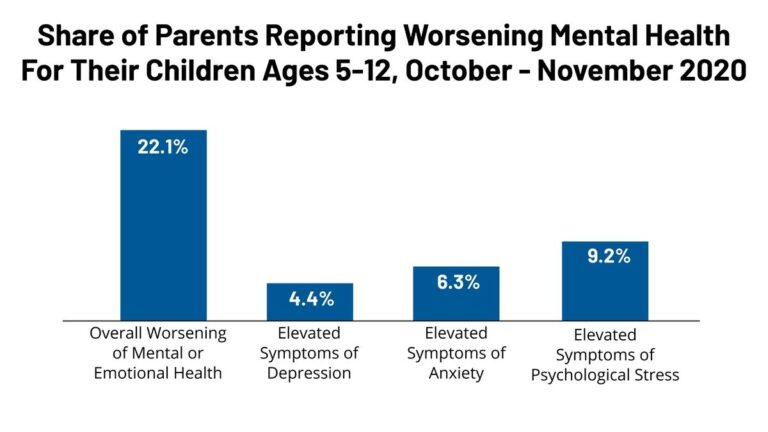Recent findings from two pivotal studies have shed light on the growing mental health crisis among young people, revealing a worrying increase in poor mental health indicators and antidepressant use since the COVID-19 pandemic. With young adults aged 19 to 29 experiencing the highest prevalence rates of mental health issues, the urgency to address these issues has never been more critical.
Exposing the crisis: key findings and statistics
The National Population Health Survey documented a worrying increase in poor mental health among the general population, from 13.4% in 2020 to 17% in 2022. However, it is the youth segment adults, with a staggering prevalence rate of 25.3%, which raises serious concerns. Meanwhile, research from the National University of Singapore indicates that one in three adolescents in Singapore experience symptoms of depression and anxiety, reflecting a pervasive mental health dilemma. These figures highlight not only the increasing prevalence of mental health problems among young people, but also the imperative need for intervention and support.
In addition to these results, other studies provide additional information. For example, the UK’s Resolution Foundation found that young adults with mental health problems are much more likely to be unemployed, with a notable 21% of 18-24 year olds suffering from mental health problems. being out of work between 2018 and 2022. On the other hand, the American Academy of Pediatrics reported a nearly 64% increase in antidepressant prescriptions among young people aged 12 to 25 after the start of the COVID pandemic -19, particularly in female patients.
Understanding the impact of COVID-19 and beyond
The COVID-19 pandemic has undeniably exacerbated existing mental health issues, contributing to an increase in anxiety, depression, and the need for antidepressants, particularly among adolescent girls. Shifts in mental health care access and treatment patterns during the pandemic have played a crucial role in these trends. However, it is also critical to recognize that the rise in mental health issues predates the pandemic, indicating that deeper systemic issues are at play.
Experts are calling for a multi-faceted approach to tackling the crisis, emphasizing the importance of cross-governmental support, better access to mental health care and targeted interventions for young people. The impact of mental health problems extends beyond individuals and affects education, employment and the general well-being of society, highlighting the need for comprehensive strategies to combat this growing problem.
Looking Ahead: Confronting the Mental Health Crisis
As we address the complexities of the youth mental health crisis, it becomes clear that a concerted effort from governments, educational institutions, health care providers and communities is essential. Fostering environments that support mental health awareness, early intervention, and accessible care can pave the way for a more resilient youth population. Additionally, ongoing research and data collection will be critical to understanding the evolving nature of mental health issues and refining our approaches to mitigation and support.
The escalating youth mental health crisis requires our immediate attention and action. With the stakes higher than ever, the time to act is now, lest we risk the future well-being of an entire generation. By recognizing the severity of the situation and committing to sustained, multifaceted efforts, society can hope to reverse these alarming trends and foster a healthier, more supportive environment for young people navigating the complexities of modern life.
